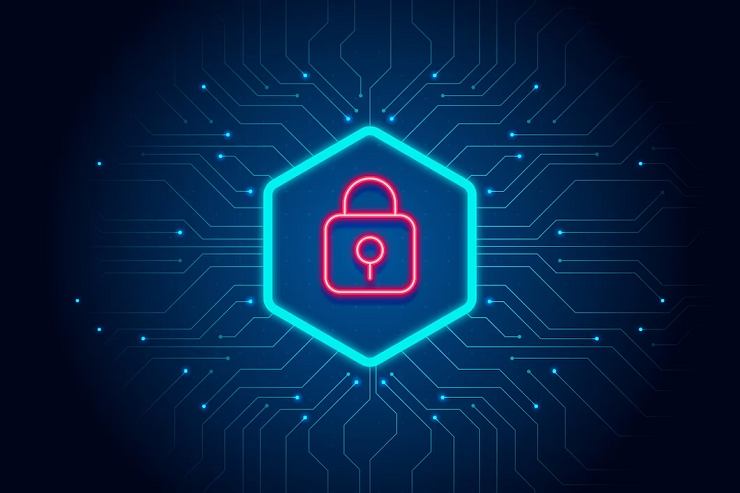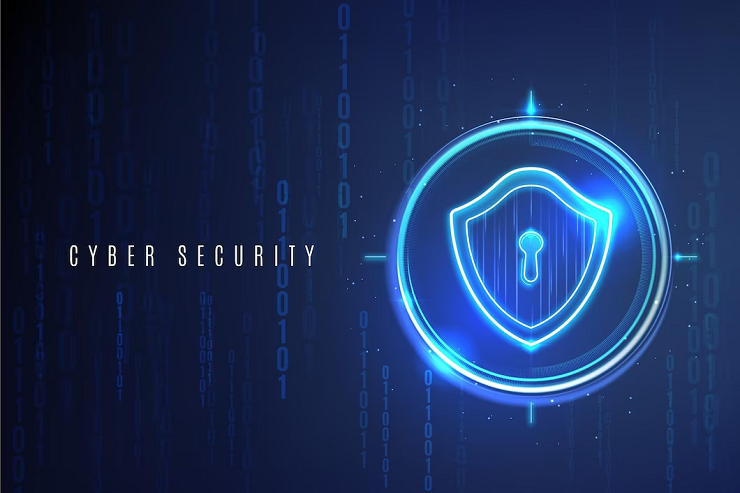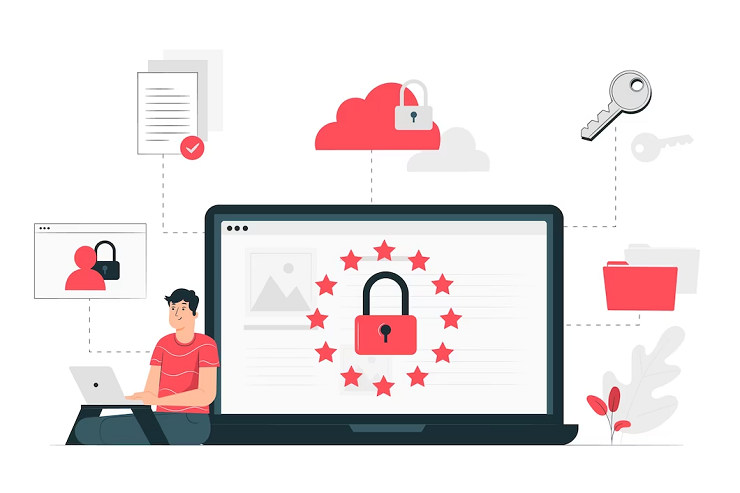
In this day and age, cybersecurity threats are a genuine and ever-growing concern. As we continue to move more of our lives online, the risks associated with giving out personal information or accessing sensitive data are unavoidable. But what exactly are these threats? How can we defend ourselves from them?
The following article will examine some of the most common cyber security threats and provide tips on staying safe and secure in the digital world.
What Is Cybersecurity?
In a world where we are increasingly reliant on technology, it’s no surprise that cybersecurity is a hot topic. But what exactly is cybersecurity? In short, it is the practice of protecting electronic information from unauthorized access or theft. This can include everything from computer networks and user data to critical infrastructure and national security systems.
There are many types of cyber threats, but some of the most common include viruses, malware, phishing scams, and Denial of Service (DoS) attacks. Cybersecurity professionals work hard to identify and mitigate these threats before they can do severe damage.
One of the best ways to protect yourself from cyber threats is to be proactive about your security. This means keeping your software and operating system up to date, using strong passwords, and being careful about what you click on and download. It’s also a good idea to back up your important files so that you can recover them if they are lost or stolen.
You can protect yourself from the growing threat of cybercrime by following these easy tips.

The Different Types Of Cyber Threats
Many types of cyber threats can target businesses or individuals. The most common types of attacks include viruses, malware, phishing, and ransomware.
- Viruses are one of the oldest and most common types of cyber threats. They are programs that can replicate themselves and spread to other computers. Viruses can cause damage to files or even crash an entire system.
- A type of software called malware is intended to damage a computer system. It can steal information, delete files, or even take control of a system.
- Phishing is an online fraud that tries to trick people into giving away personal information like passwords or credit card numbers.
- Ransomware is malware that puts a person’s data at risk unless they pay a ransom to the hacker.
There are many ways to protect yourself from these types of attacks. A potent offense is always the best defense. That means keeping your antivirus and anti-malware software up-to-date, being careful about what emails you open and what websites you visit, and not clicking on links or attachments from unknown sources.
How To Avoid Becoming A Victim Of Cybercrime?
- No one is immune to cybercrime, but there are steps you can take to reduce your risk.
- Keep your software updated, use strong passwords, and don’t click on links or download attachments from unknown sources.
- Be careful about what you post online and who you friend or follow. To control who sees your information, use privacy settings.
- And remember that if something sounds too good to be true, it probably is.
- Finally, if you do think you’ve been a victim of cybercrime, contact the police or your local cyber security agency right away.

By following these simple tips, you can make it harder for criminals to target you and help protect yourself from becoming a victim of cybercrime.
The Importance Of Having A Strong Password
A password is a key to your online identity and personal information. A strong password is complicated for others to guess and protects your accounts and data. Here are some recommendations for making a secure password:
- Use a combination of symbols, numbers, and upper- and lowercase letters.
- Set a password length of at least eight characters.
- Avoid using words like “password” or readily available personal information like your address or birthdate.
- To manage complicated passwords, use a password manager. With a strong password, you can ensure your online accounts and data are secure and protected from hackers, cybercriminals, and other malicious actors.
- Change your passwords regularly to reduce further the risk of them being compromised.
A strong password is essential to protect your personal information and data from being stolen or hacked. With stronger passwords, you are less likely to be vulnerable to malicious attacks, identity theft, and other cybercrimes. Creating strong passwords and using a password manager can secure your online accounts and protect your data from unauthorized access.
Two-Factor Authentication
Your online accounts are further secured by two-factor authentication. When you enable two-factor authentication, you’ll need to enter a code from your phone or another device in addition to your password when you sign in. This makes it much harder for someone to hack into your account, even if they have your password.
You can enable two-factor authentication for your email, social media, and financial accounts. Many companies offer two-factor authentication, but you can also use a service like Google Authenticator or Authy.
One of the main benefits of two-factor authentication is that it dramatically reduces the likelihood of someone being able to access your accounts, even if they have obtained your password. This makes it a great security measure for anyone concerned about online security.

Conclusion
This article has helped inform you about the most common and current cybersecurity threats and how to protect yourself. It’s essential to take preventative measures before a cyber attack affects your data or system. Staying up-to-date with the latest security news, regularly updating software, and taking basic precautions like using strong passwords are great ways to ensure a secure online experience.
